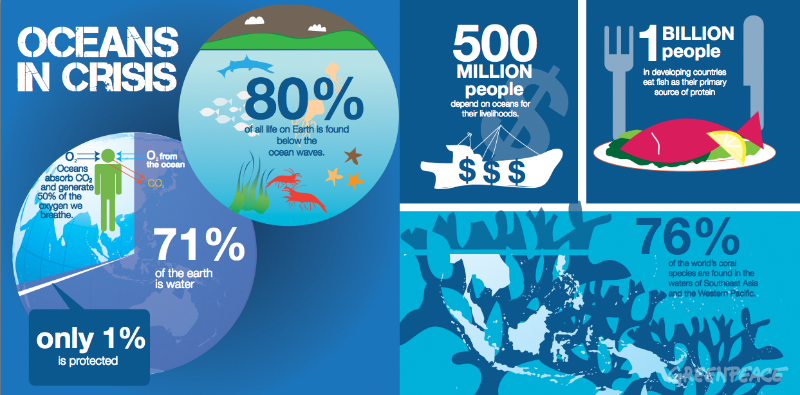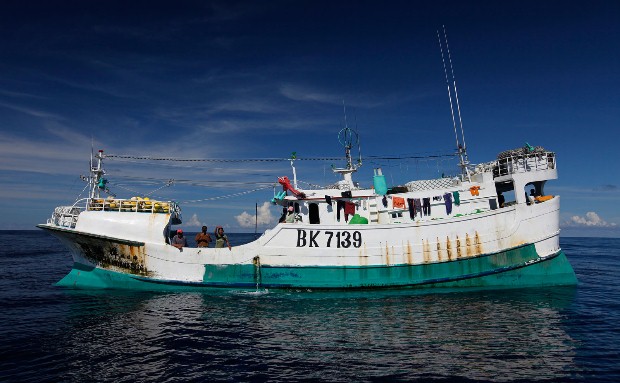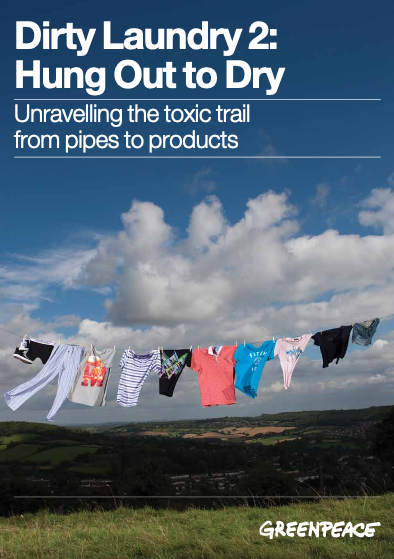All articles
-
Renewable energy is the key to economic progress
Manila —Renewable energy is the key to economic progress, according to a Greenpeace report, released today. In “Green is Gold: How Renewable Energy can save us money and generate jobs,” Greenpeace said that the Philippines will realize economic gains from massive Renewable Energy (RE) investments. The report outlines how RE can save the government money,…
-
Greenpeace to DENR: Implement pollution disclosure to save our rivers
Manila—Environmental group Greenpeace today welcomed the Department of Environment and Natural Resources’ (DENR) recent moves to address water pollution in the Philippines but said that the government agency must do more to save the country’s polluted water bodies. Greenpeace said that the first step must be pollution disclosure, or mandatory reporting by factories about the…
-
Defending our oceans
There’s more to the sea than the endless stretch of blue water. This vast global ocean pulses around our world driving the natural forces which maintain life on our planet. And beneath the waves, the ocean is also pulsing with life—a staggering 80% of all the life on earth, in fact.
-
Philippine Seas in Crisis:
Climate change, ocean pollution, and overfishing threaten the Philippines’ stature as the leader in global marine biodiversity, and are already affecting communities that rely on rich marine ecosystems for food.
-
Malita and San Miguel’s Duck: A Short Story
There was once was a tourist who went to a small town to see the sights. Seeing a large crowd congregating by the town cockpit, he heads toward it. Not having seen an actual cockfight in his life, he was excited to finally witness one.
-
Plastic regulation: Its time has come
Imagine this! According to the Asian Development Bank, in “The Garbage Book” published in 2004:
-
Laguna Lake, The Philippines: Industrial Contamination Hotspots
Contamination of natural water resources by discharges from the industrial sector in the Philippines continues to be a significant problem. In 2007, Greenpeace launched the Water Patrol to document the impact of water pollution on local communities in the Philippines. Within the framework of this project, several industrial sites located around Laguna Lake were visited…
-
The harsh reality of longline fishing
On Monday our activists made a gruesome discovery aboard the Chinese Taipei vessel Ming Maan Shyang No. 20
-
Dirty Laundry 2: Hung Out to Dry
Research commissioned by Greenpeace International has revealed that clothing and certain fabric-based shoes sold internationally by major clothing brands are manufactured using nonylphenol ethoxylates (NPEs). NPEs -- which are used as surfactants in textile production -- subsequently break down to form toxic nonylphenol (NP). Nonylphenol is a persistent chemical with hormone-disrupting properties that builds up…



